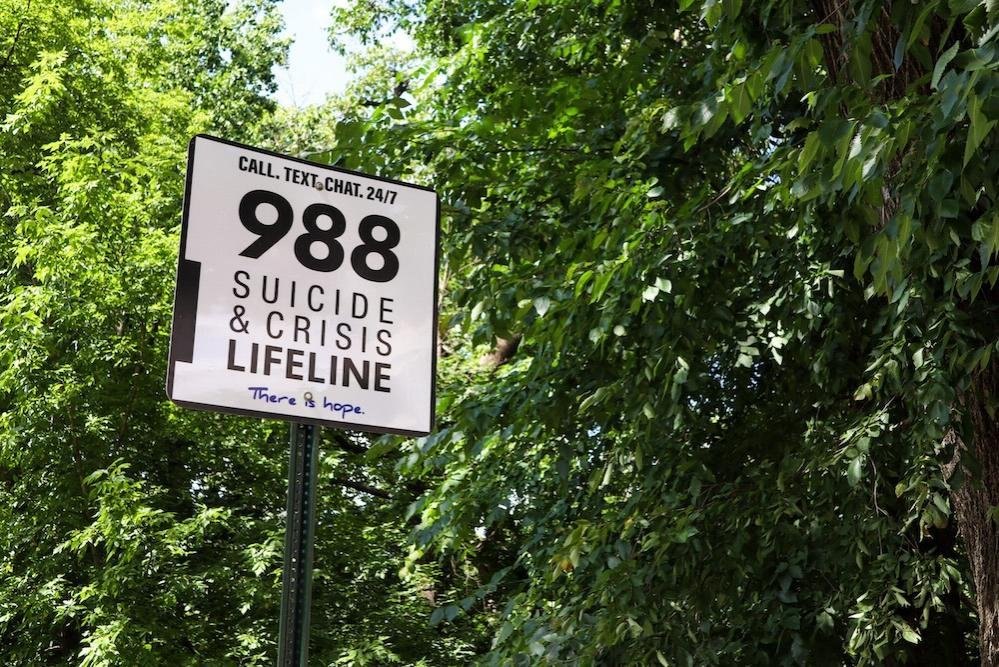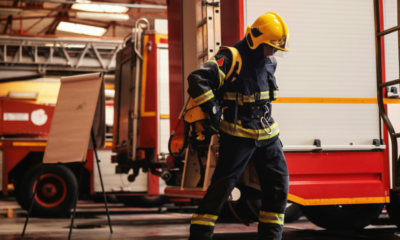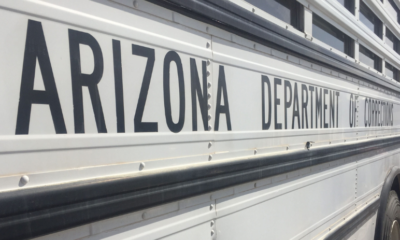Business
Calls to 988 Suicide Hotline Could Soon Connect You Directly to the Nearest Counselor

The nationwide 988 crisis hotline, introduced to simplify the process for individuals in distress to access help, has been operational for two years. Unlike 911, which connects calls to local dispatch centers, 988 routes calls based on the caller’s area code.
With 80% of calls coming from cell phones, people often reach a counselor located far from their actual location, creating challenges in crisis management. Margie Balfour, a psychiatrist at Connections Health Solutions in Tucson, highlighted the trust issues caused by this system. “If they call 988 and get a center in another state, then you’ve kind of broken that trust,” she stated.
To address this, the FCC voted in April to require wireless companies to route 988 calls based on the caller’s real-time location. FCC Chairwoman Jessica Rosenworcel emphasized the need for local connections, noting that people often live in states different from their phone number’s area code.
The wireless industry supports this move, as do organizations like Vibrant Emotional Health, which administers the 988 system. Verizon and other carriers are already testing georouting technologies.
Cie Culbertson, an Arizona State University student from Iowa, experienced these routing issues firsthand. When she called 988 in March, her call was directed to an Iowa crisis center due to her 515 area code, leading to delays and lack of local resource knowledge.
Launched in 2005 as a standard 1-800 number, the crisis hotline originally handled 46,000 calls in its first year. However, the introduction of 988 in 2020 significantly increased access, resulting in 5 million calls annually. Despite the success, privacy concerns historically kept the area code-based system in place. Emergency and mental health advocates now argue that the need for urgent response outweighs these concerns.
Justin Chase, CEO of Solari Crisis and Human Services in Tempe, highlighted the inefficiencies caused by the current system, recalling an incident where a caller with an Arizona area code called from New York. Kristina Sabetta from National Alliance on Mental Illness Valley of the Sun echoed similar sentiments, stressing the importance of local connections.
NAMI and other advocacy groups endorse the FCC’s georouting plan, which would locate the caller’s general position using the nearest cell tower. This method, while less precise than 911’s geolocation, is seen as a vital improvement.
A 2023 CrisisCrowd survey revealed that crisis counselors struggle to connect callers with local resources, even when the callers are nearby. This is especially difficult when calls come from distant locations, a sentiment shared by Maryam, a crisis call center worker.
Rachel Levy, a former crisis counselor in Oregon, believes georouting would enhance the crisis care network, although she points out the varying standards of mobile crisis teams across states. Better training on finding resources would also help address these issues, Levy suggested.
If you or someone you know is struggling with thoughts of suicide, the 988 Suicide & Crisis Lifeline is available 24/7. Call or text 988.


![Phillip Gracia was arrested on multiple disorderly conduct charges on June 19, 2025. [PCSO/graphic]](https://arizonanews.org/wp-content/uploads/2025/06/Family-Mass-Suicide-Plot-Man-Arrested-for-Alleged-Orchestration-400x240.jpg)
![Phillip Gracia was arrested on multiple disorderly conduct charges on June 19, 2025. [PCSO/graphic]](https://arizonanews.org/wp-content/uploads/2025/06/Family-Mass-Suicide-Plot-Man-Arrested-for-Alleged-Orchestration-80x80.jpg)














